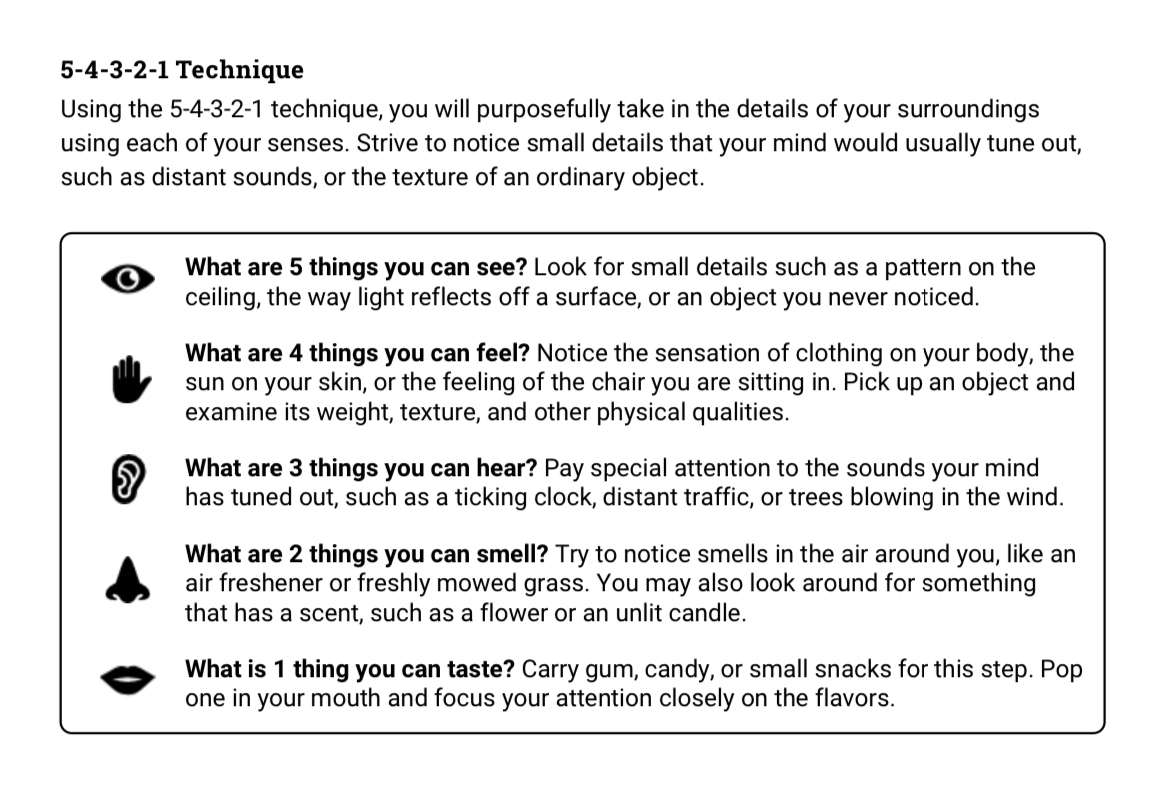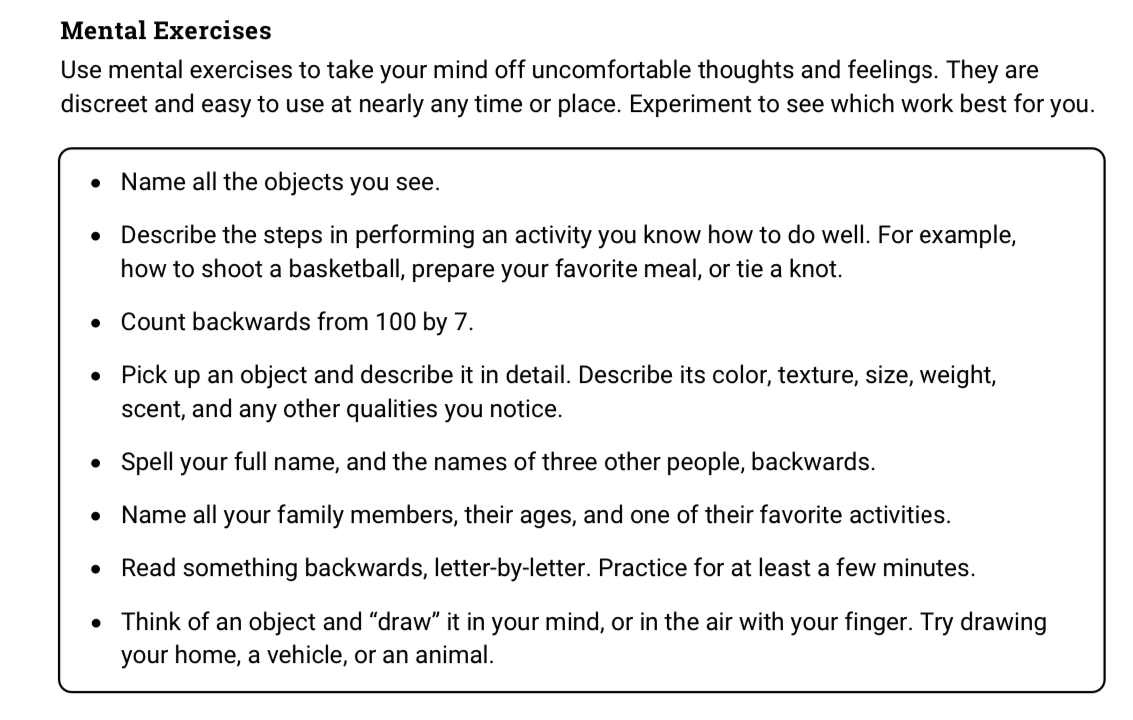In recent years, mindfulness has emerged as a transformative practice in mental health care, offering a unique approach to addressing various psychological challenges.
Dr. Farida El Ghandour, a psychologist at the Heal Counseling Center in Cairo, sheds light on the increasing popularity of mindfulness and its applications in the diverse societal and cultural context of the region.
El Ghandour emphasizes the effectiveness of mindfulness in addressing mental health problems, particularly anxiety and overthinking.
“When you try to be mindful, you learn to be in the here and now and become more in control of your thoughts,” she tells Egyptian Streets.
In describing the growing trend in Egypt, El Ghandour notes that “mental health professionals are becoming more aware of the benefits of mindfulness, and it is becoming more popular in the field. Many practitioners teach their clients about mindfulness and recommend different practices.”
El Ghandour introduces the 5-4-3-2-1 technique, a sensory-focused mindfulness practice.
“It works on engaging all the senses in the present moment, helping individuals become more grounded and present within their bodies,” she explains. “It is very helpful in redirecting oneself to the present moment when facing panicky or anxious moments.”

In this approach, individuals are encouraged to list five things they see, four things they can touch, three things they can hear, two things they can taste, and one thing they can smell.
This technique, among others, exemplifies the versatility of mindfulness in daily life.
Mindfulness interventions complement traditional psychiatric approaches by empowering individuals to take control of their thoughts.
“It helps the person feel more grounded and in control,” El Ghandour states, emphasizing the impact of mindfulness on conditions like anxiety, depression, dissociation, and overthinking.
Introducing mindfulness faced initial resistance due to its abstract nature.
“People found it vague, so offering workshops, videos, and examples of application in daily life was crucial,” El Ghandour acknowledges, adding that mindfulness may be “tricky” at first, with individuals sometimes feeling frustrated “especially if their conditions are severe.”

Navigating the cultural context in Egypt involves providing various examples of mindfulness application.
“It helps to tell some people who are more religious that prayers are also part of mindfulness if done with enough focus and presence,” El Ghandour notes.
El Ghandour says the importance of raising awareness from a young age, suggesting that “teaching children and young adults how to be present and immersed in tasks will be very useful in our fast-paced lives.”

In Egypt, mindfulness emerges not just as a therapeutic tool but as a lifestyle.
El Ghandour says that mindfulness is widely accepted, but it is crucial to understand that it “complements therapy rather than replacing it.” The future, the psychologist says, lies in integrating mindfulness into education and daily routines to enhance overall mental well-being.
By embracing mindfulness as a pathway to mental well-being, Egypt can create a society that thrives on self-awareness, resilience, and a deep sense of inner calm.






Comment (1)
[…] post Mindfulness: a Path to Mental Well-being in Egypt’s Modern World first appeared on Egyptian […]